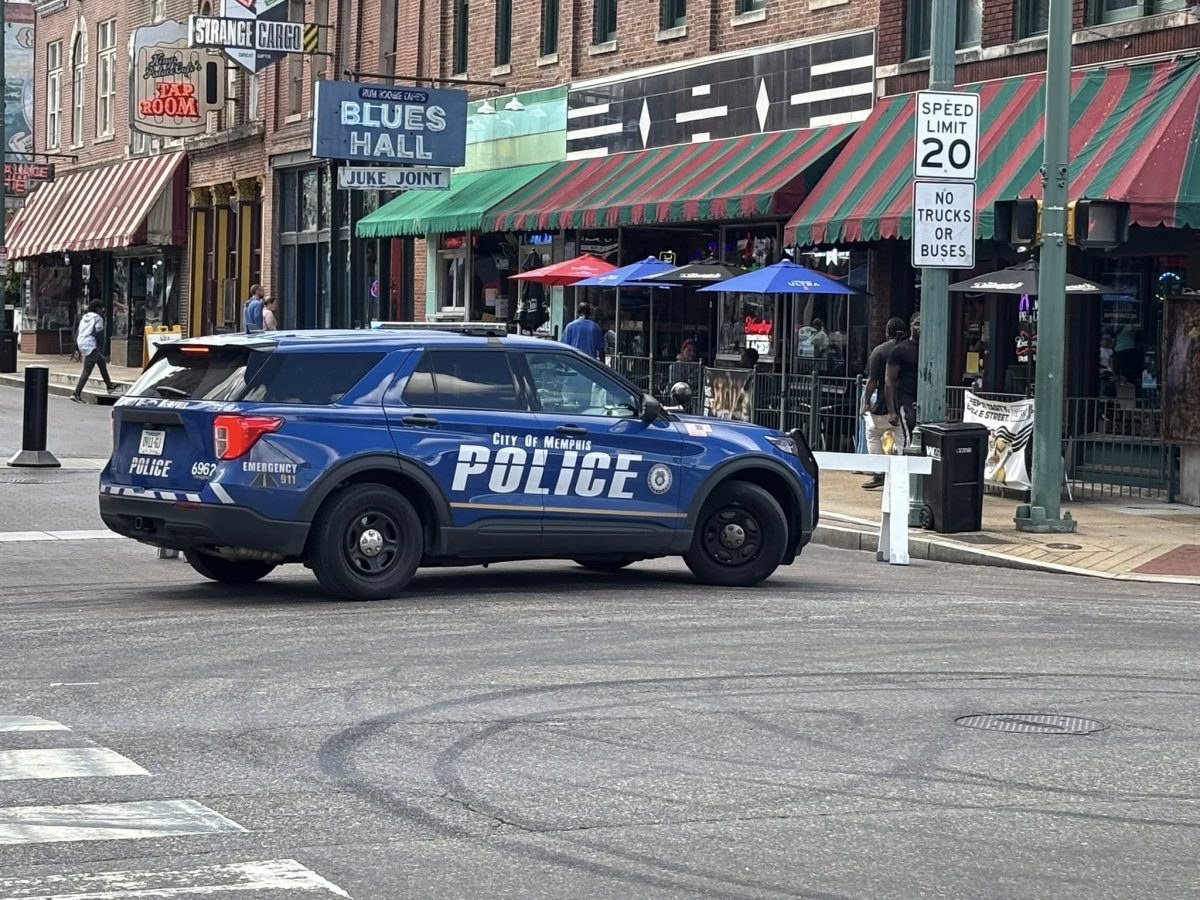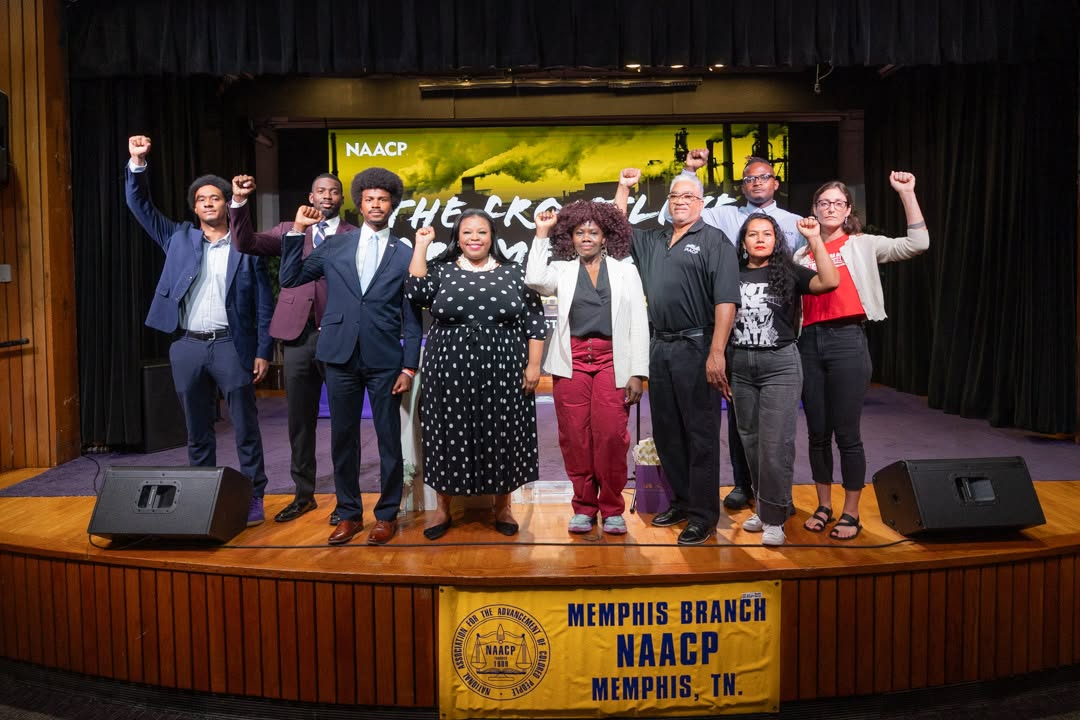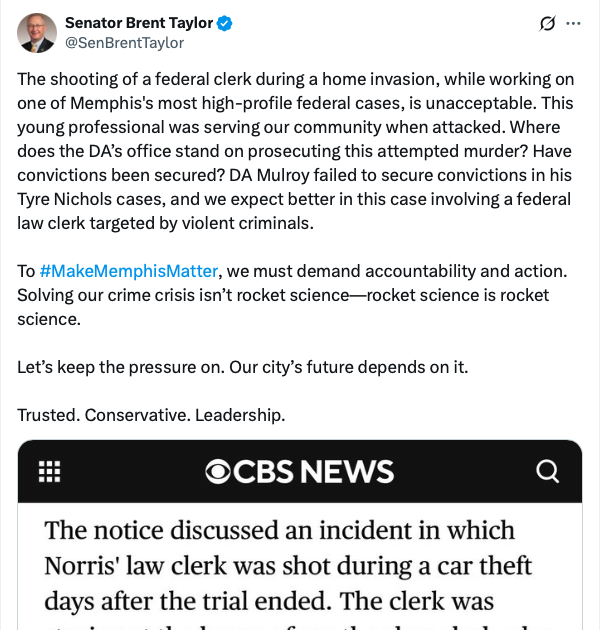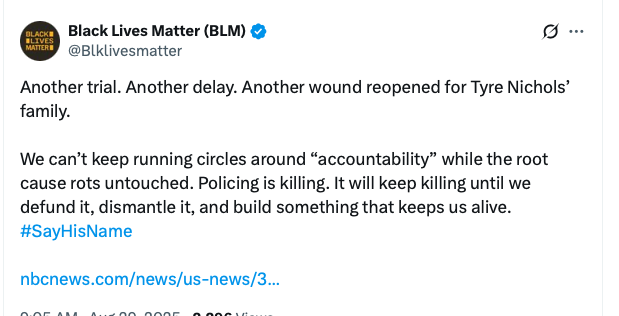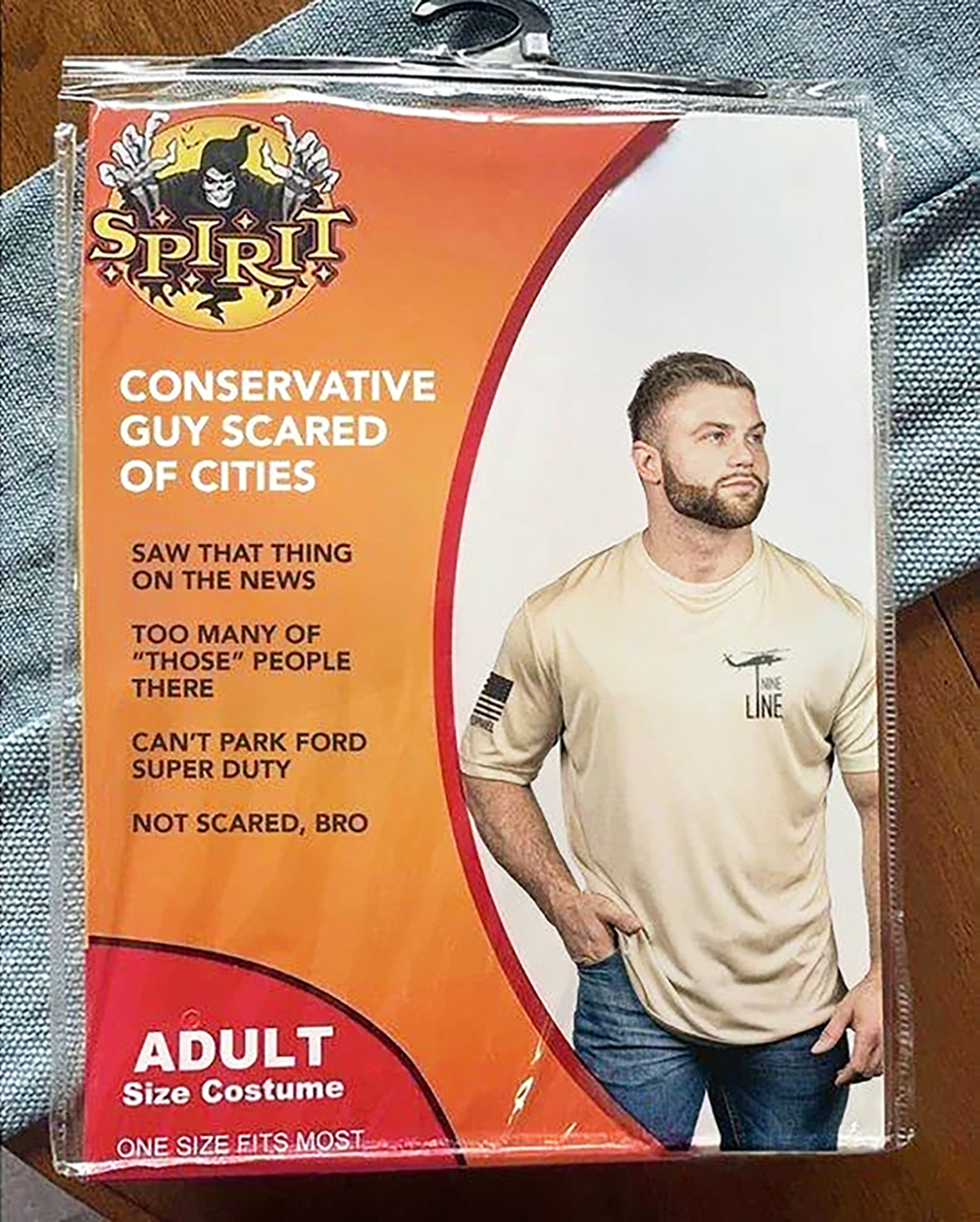This story was originally published by Chalkbeat. Sign up for their newsletters at ckbe.at/newsletters
Jasmine Bernard, a 16-year-old Memphis-Shelby County Schools student, remembers gaps in ceiling tiles and constant lighting issues at her middle school.
Like many other schools in the district, Bernard said, John P. Freeman Optional is “critically underfunded.”
“I can’t deny that the school definitely needs renovations,” she told Chalkbeat Tennessee. “And the Memphis education system needs funding.”
But Bernard, now a junior at University High School, doesn’t think turning to Elon Musk’s xAI for help is the answer.
In July, the MSCS school board voted to accept an unspecified amount of money from xAI to fix deferred maintenance issues at John P. Freeman Optional as well as Fairley, Mitchell, and Westwood high schools in Southwest Memphis. It’s not yet clear how much money the district will accept from the company, though a 2024 facilities report estimated those four buildings need $61 million for repairs over the next decade.
Bernard and a small group of student activists say xAI’s funding comes with a moral and environmental cost. She leads Youth Minds United, a climate justice group for Memphis-Shelby County students that helped organize protests and community meetings against xAI in the spring.
“xAI isn’t giving the schools a gift or an innocent ‘here you go; we’re helping the community,’” Bernard said. “It’s part of a bigger scheme to hide how they’re inherently disrupting the futures of the young people who go to those schools and live in those communities.”
Student and community activists say the AI company is contributing to toxic air pollution in historically Black Memphis neighborhoods. Research links supercomputer sites like the one in Memphis to premature deaths for neighboring residents and increased asthma and disease risk from gas turbines that the centers use for power.
xAI did not respond to Chalkbeat Tennessee requests for comment. But the company has previously denied contributions to environmental pollution in the area, saying in a July statement on X that its turbines are “equipped with state-of-the-art emissions control technology, making this facility the lowest emitting of its kind in the country.”
Watchdog organizations such as the Environmental Protection Agency and American Lung Association already report high rates of pollution in Shelby County, citing toxic emissions from factories in Southwest Memphis. Local residents also face high rates of respiratory illness and other adverse health effects.
“You can give the school $100,000 for a smart board, but that doesn’t erase the fact that when [students] go home, it smells like gas,” said Rubi Salgado, a junior at Frederick Douglass High School who leadsthe Shelby County High School Democrats.
But MSCS is in need of funding, with school buildings districtwide needing over $1.6 billion in maintenance repairs over the next decade.
A committee of local officials is just starting to create a plan to mitigate rising costs, which is expected to include some school closures. During its first meeting in early August, students said that deteriorating building conditions are negatively impacting their ability to learn.
xAI is pledging to fix many of the specific concerns raised by those students, such as HVAC and plumbing systems. The AI company is focusing on four schools with some of the most dire facilities needs in the district, according to The Daily Memphian.
Bernard says that just shows xAI is “really good at propaganda.”
“They are focusing on things that historically, the community has needed and they have not received,” she said. “But I don’t want to frame it in a way that makes them seem like saviors or anything, because they’re not.”
Bobby White, policy advisor for the Greater Memphis Chamber of Commerce, has been a community advocate for xAI officials in school board meetings and community hearings. He said the district is currently finalizing a memorandum of understanding with the company.
White said xAI is “doing everything within their power to ensure that they are as environmentally conscious as they can be.”
The company received approval from the Shelby County Health Department in early July to operate 15 methane-fueled gas turbines, after the city found no early evidence of increased air pollution. But some community members and experts question the validity of those results, saying the testing didn’t measure key pollutants or follow Environmental Protection Agency standards.
White said he commends students for paying attention to issues affecting their schools.
“I think the unfortunate part is that we’ve had a community that has been whipped into a frenzy, thinking that officials have not done their jobs by holding a company accountable,” he said, “when, in fact, officials have done their job by ensuring they’re applying the law.”
MSCS board member Natalie McKinney said she wants to see xAI commit to being a “collaborative partner” with the district, not a one-time donor. Part of that, she said, includes addressing the “valid and legitimate concerns” about potential air pollution.
“As long as they are here and are expressing they want to be good neighbors, then let’s figure out what that looks like,” McKinney said. “We have obligations, I think, to ask these questions and figure out how we can potentially mitigate some of these concerns.”
White contends that xAI leaders aren’t trying to win the public’s favor and the donation to schools is a “gift” for neighbors living near the company’s second facility, which is still under construction in Southaven.
Earlier this month, the company purchased over 60 gas turbines to be delivered to the Colossus 2 site – but it’s unclear whether they will actually be used to power the facility there.
Rubi Salgado, the Frederick Douglass junior, said she doesn’t believe it’s possible for xAI to establish a trusting relationship with the community.
“People are getting hurt due to the increase in pollution, and I don’t think that anything that they do except stopping is going to make up for what they’ve done,” they said.
Bri Hatch covers Memphis-Shelby County Schools for Chalkbeat Tennessee. Reach Bri at bhatch@chalkbeat.org.
Chalkbeat is a nonprofit news site covering educational change in public schools.

